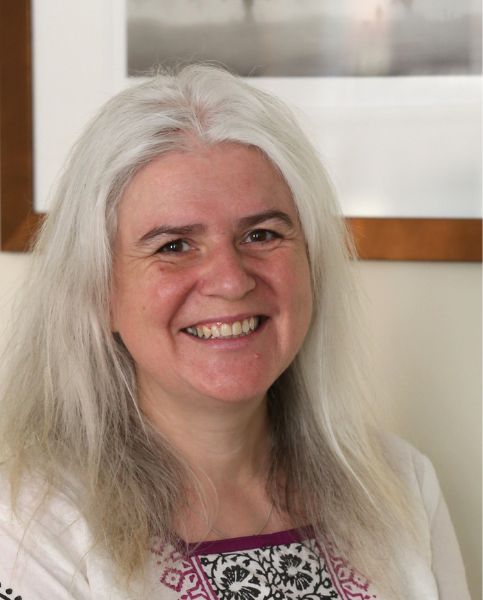Instagram, of all places, drew my attention to today (15 June) being World Elder Abuse Awareness Day which was established by the United Nations in 2011. When I delved more into the issue I found some extremely sad statistics. These are taken from the Age UK website which states that “Last year one in six older people suffered some form of abuse with as many as two out of every three older people with dementia being abused.”
Only 4% of all abuse gets reported and even when the person experiencing the abuse is aware that it is wrong and their perception is not affected by, for example, dementia they will often be in a position of emotional or physical dependence on the perpetrator, which makes reporting the abuse even harder. It is also very possible that the older person will be from a generation that tried to deal with personal issues within the family and they may be reluctant to be perceived as “washing their dirty linen in public” by seeking external help.
As a solicitor specialising in domestic abuse I would often explore with the victim of the abuse what other channels exist, apart from court, to enable them to get assistance – it may be checking their benefits entitlement can give them greater financial autonomy from their abuser, or a specialist charity can provide outreach support, or a visit from the police to the abuser can sometimes be enough of a warning shot to make the behaviour cease and empower the victim.
However, in cases where this is not viable it will be possible for a person experiencing elder abuse to seek the assistance of the courts in obtaining an injunction known as a Non-Molestation Order (which regulates the behaviour of the perpetrator and renders them liable to arrest and criminal charges if they breach it) and / or an Occupation Order (which can be used to remove an abuser from the property or regulate how they occupy it). These orders do not simply relate to spouses or partners but can also be used in situations where the abuse comes from a family member such as a child. The key will be to establish that the abuser is an “associated person” with the victim of the abuse and a solicitor will quickly be able to establish that and assist in making the application to court, on an urgent basis if necessary.
Even when the abuser is not an associated person it may be possible to bring criminal or civil action against them and we would be able to advise on that.
We would also be able to work closely with our specialist Private Client and Court of Protection departments to provide a full range of support and expertise. If the victim of the abuse is eligible for Legal Aid then we would also signpost them to an appropriate firm providing that service.
"*" indicates required fields

 Back
Back
















